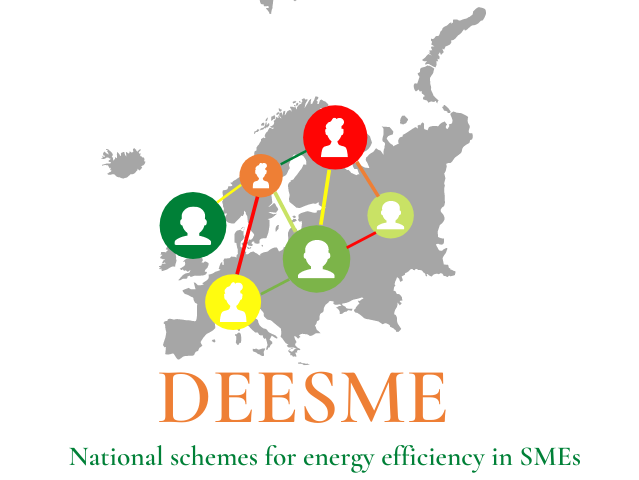Guiding SMEs and national authorities through the energy transition by taking profit of multiple benefits and energy management approaches
Conducting energy audits and implementing energy management systems can be a source of multiple benefits for companies if they tap into the wide potential deriving from their recommendations: reduced operating costs, increased productivity, improved working environment and much more. DEESME, a Horizon 2020-funded project started in September 2020, will enable companies, especially small and medium enterprises, to engage in the energy transition by taking profit of multiple benefits from energy management and energy audit approaches and will provide national authorities with guidelines and recommendations to strengthen their national schemes. Improving energy efficiency is the most cost-effective way to reduce energy-related emissions, improve economic competitiveness and increase energy security. In the European Union, several pieces of legislation are aimed at guiding states and companies, regardless of their size, on ways to improve their energy efficiency: one of them is the Energy Efficiency Directive, establishing a common framework of measures and requirements with the goal to remove market barriers and promote a more efficient use of energy in supply and demand. Article 8 of the Directive offers ways to achieve this, requiring Member States to promote and facilitate the implementation of energy audits and energy management systems. The audits are compulsory for large companies and recommended for small and medium enterprises (SMEs). National authorities should encourage both to implement the resulting recommendations. So what should companies do? Calculate their total energy consumption, with the audit examining energy use across buildings, transport and industrial activities. Member States have all chosen different approaches to transpose the requirements into national laws and to support companies (trainings, websites, helplines and funding support schemes). SMEs have less workforce, technical and financial capacity to perform energy audits -especially even worse with this year’s situation driven by the COVID-19 pandemic, and therefore rarely do so: making them aware of the multiple benefits that can derive from improving their energy efficiency and accompany them in the energy transition, with knowledge and funding from both the public and private sectors, is key. That is what DEESME aims at. DEESME will, at the same time, enable SMEs to manage the energy transition by taking profit of multiple benefits from energy management and audit approaches and provide national authorities with guidelines and recommendations to empower their schemes under article 8, using the multiple benefits approach. The project will identify and share best practices from national schemes, EU projects and other initiatives with national authorities and support them in developing more effective schemes dealing with energy audits and energy management systems. It will finally assist SMEs to develop and test the technical DEESME solutions by organizing information and training initiatives, realising energy audits and implementing energy management systems starting from international standard and adding the multiple benefits energy efficiency approach. The 3-year project (2020-2023) is built on a very strong consortium of academics, research organisations, consultancies and government offices from Belgium, Bulgaria, Germany, Italy, the Netherlands and Poland, namely: IEECP (NL, coordinator), FIRE (IT), SOGESCA (IT), Fraunhofer ISI (DE), CLEOPA (DE), SEDA (BG), ECQ (BG), KAPE (PL), EEIP (BE). For more information, http://www.ieecp.org/project/deesme-developing-national-schemes-for-energy-efficiency-in-smes/(opens in new window)



